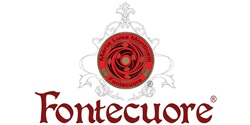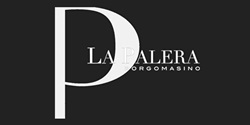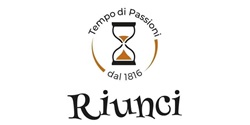Mastering the Art of Wine Exporting to Japan: Insights and Strategies for Success
TOKYO – Japan, known for its high appreciation for quality and discerning consumer base, stands as a lucrative yet challenging market for wine exporters. As the fifth-largest wine importer globally, Japan presents unique opportunities especially post-pandemic, as economic recovery drives demand. The first ProWine Tokyo, organized by Messe Düsseldorf from April 10 to 12, 2024, was a significant event, shedding light on the dynamics of this market through a survey involving over 400 international wine producers and exporters.
Market Dynamics and Exporter Expectations
Despite experiencing a slight decline during the 2023 economic crisis, Japan’s wine market is poised for a rebound. About 40% of exporters anticipate an increase in sales for 2024, with half expecting stability. This optimism is largely due to Japan’s economic recovery, which is believed to be closely tied to the resurgence in wine imports.
Product Trends and Preferences
Japanese cuisine’s compatibility with white wine places it at the forefront of demand, followed by red and sparkling wines. Although the global trend leans towards white and sparkling wines, in Japan, premium red wines also find a strong market. Sweet high-end wines like ice wine, port, and madeira see good business potential, whereas organic, rosé, and low-alcohol wines currently occupy niche segments.
Success Factors in the Japanese Market
Exporters stress the importance of building long-term relationships with well-connected importers as the primary success factor in Japan. Quality standards, particularly in wine packaging and chemical analysis documentation, are also crucial. The challenges are steep, with fierce competition to secure attention from top importers and agents, posing significant barriers to new entrants.
Cultural Considerations and Strategic Approaches
Understanding Japanese culture and gastronomy is vital for successful market entry. Exporters must navigate cultural differences, including perceptions of time and hierarchy, which can impact business transactions significantly. Experienced exporters note that while the Japanese language and regulatory requirements pose initial challenges, these are less daunting than expected and can be managed with proper preparation.
The Role of ProWine Tokyo
ProWine Tokyo serves as an essential platform for introducing international wines to Japan, offering exporters direct access to potential importers and a deeper understanding of the market’s specific needs. This trade fair not only facilitates the establishment of business relationships but also helps bridge the cultural gap, allowing exporters to tailor their offerings to meet the high standards of Japanese consumers.
Conclusion
As the market continues to evolve, Japanese consumers’ sophisticated palates and high standards provide both a challenge and an opportunity for international wine exporters. The successful ones will be those who appreciate and adapt to the unique aspects of the Japanese market, from consumer preferences to the intricate business etiquette that governs commercial relationships in Japan.
The ProWein Business Report is commissioned by ProWein and carries out by Geisenheim University.










